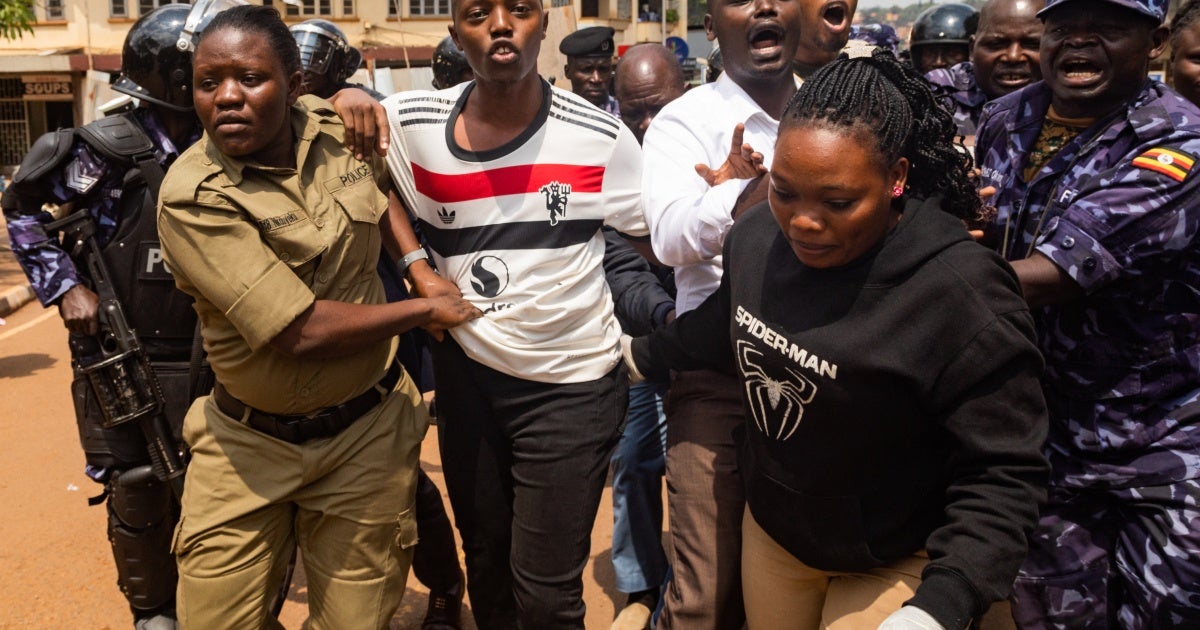On July 23, police in Uganda’s capital Kampala detained at least 45 people protesting widespread corruption in the government.
The protest, partially inspired by recent youth-led protests in neighbouring Kenya, saw participation from young Ugandans who had mobilized online. The protesters’ demands include the resignation of Speaker of Parliament Anita Among, who had in February been named alongside other parliamentarians in a corruption exposé published on social media, and for the salaries of Ugandan parliamentarians, among the highest-paid in the world, to be reduced.
Police responded to the protest with force, arresting dozens of people and hurriedly charging them in court with the colonial-era “common nuisance” offense, which the government has long misused to suppress legitimate demonstrations.
The day before the protest, one of the participants, Praise Aloikin, told me: “We know we will be met with resistance from the government. But we hope this will normalize Ugandans to exercise their right to protest.” Aloikin was among those arrested on Tuesday and remanded to prison.
The police have continued to arrest young people connected to the protests, including three on Wednesday as they were attempting to hold a press conference.
The police said they had attempted to “dissuade the organizers” during a meeting on July 18. Aloikin, who attended that meeting, said the officials “just tried to create fear in us” and asked them: “Didn’t you see people die [in Kenya]?” Two days before the scheduled protests, Uganda’s president Yoweri Museveni threatened protesters, saying they were “playing with fire.”
Ugandan authorities have regularly cracked down on activists, political opposition members, and human rights defenders daring to voice concerns about issues like oil sector development and police brutality.
This latest crackdown on protesters is a blatant violation of the rights to peaceful assembly and free speech, guaranteed in Uganda’s constitution and international law, and is indicative of the authorities’ intolerance toward dissent. The Ugandan authorities should drop the charges against these activists and instead listen to the concerns they are raising.


